Speakers
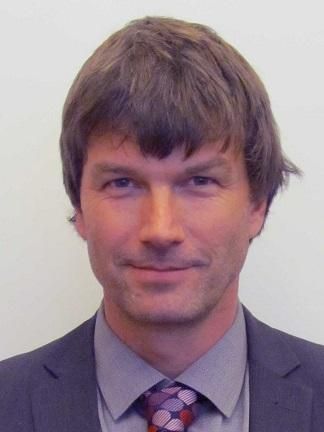
Johannes Cullmann
World Meteorological Organization (WMO)
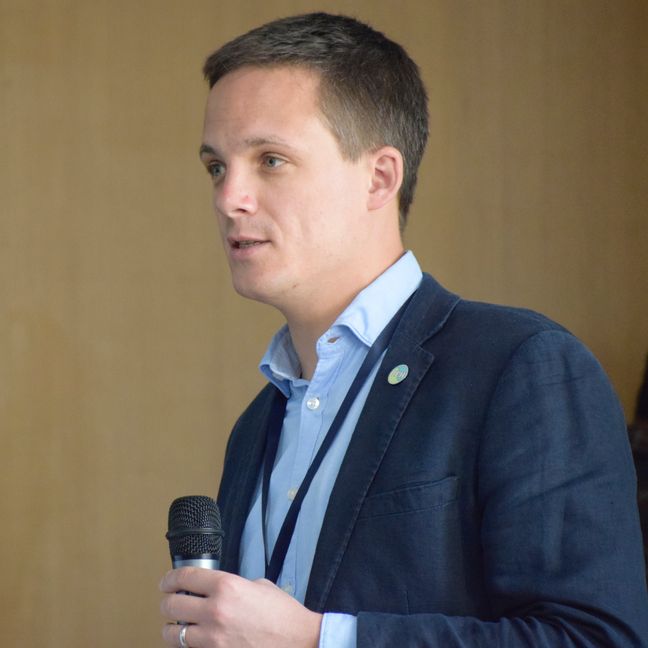
Harry Dixon
UK Centre for Ecology & Hydrology (UKCEH)
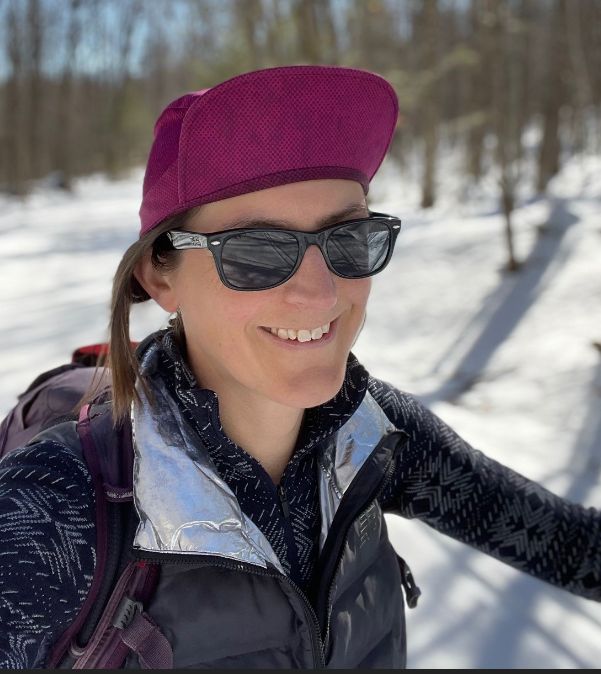
Elizabeth Jamieson
Environment and Climate Change Canada (ECCC)
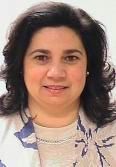
Alice Soares
World Bank
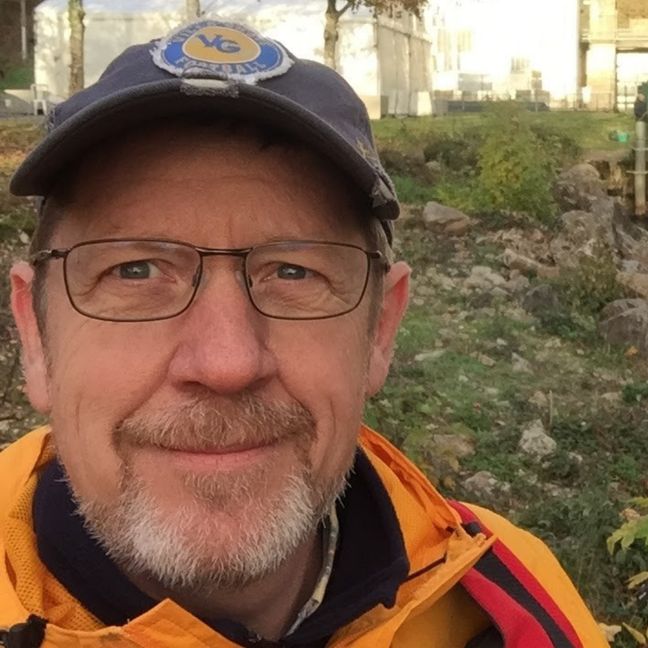
Kevin Oberg
Scientist Emeritus

Nick Everard
UK Centre for Ecology & Hydrology (UKCEH)

Flavia Tauro
University of Tuscia, Italy
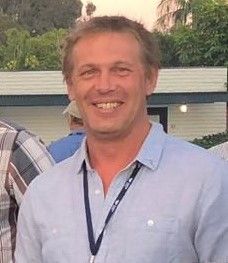
Mark Randall
Queensland government, Australia
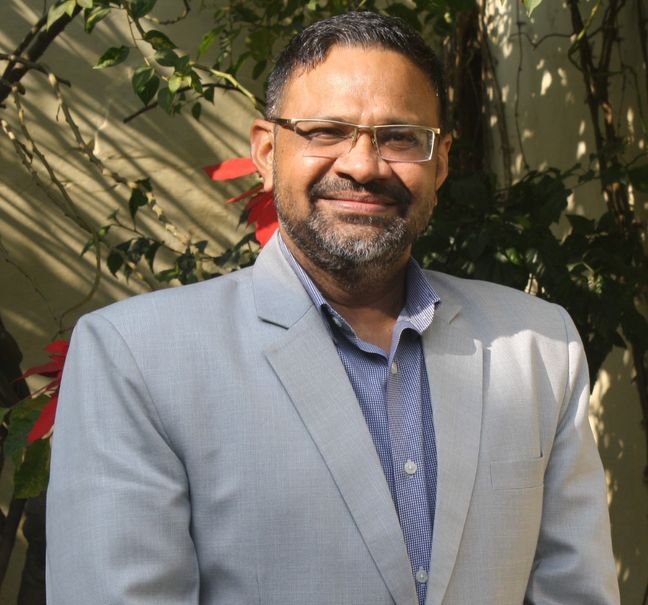
Sumit Sen
Indian Institute of Technology Roorkee
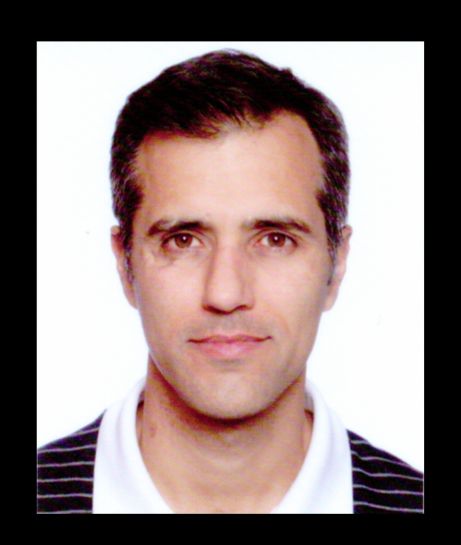
Salvador Peña Haro
photrack Ltd, Switzerland
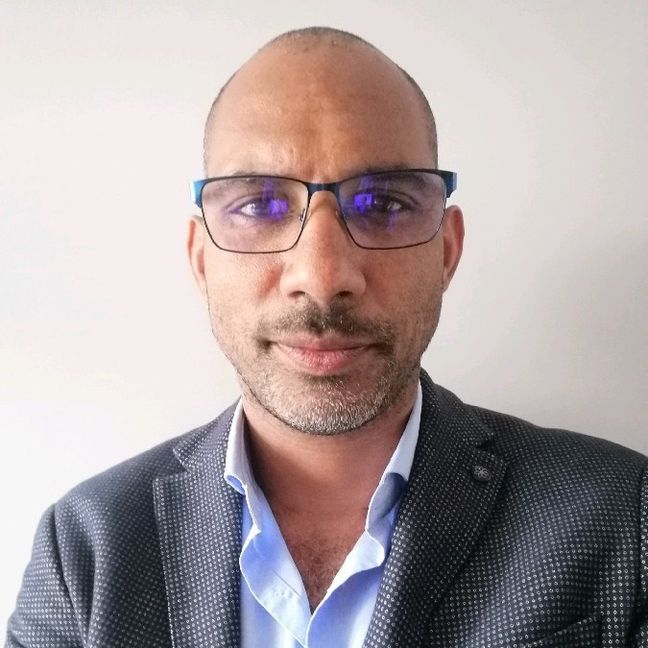
William Castaings
TENEVIA, France
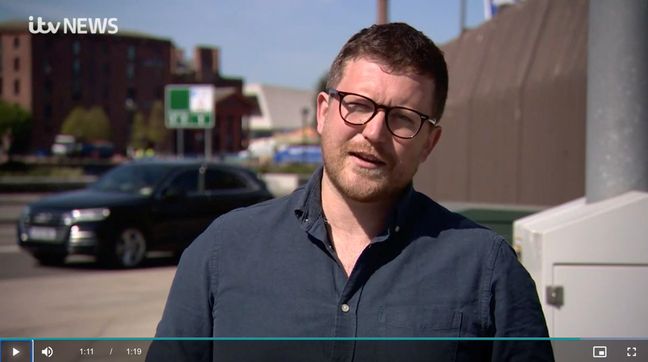
Jonny Higham
FlowOnTheGo, England
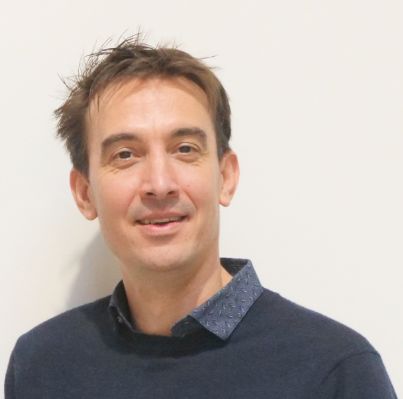
Guillaume Valladeau
vorteX.io, France
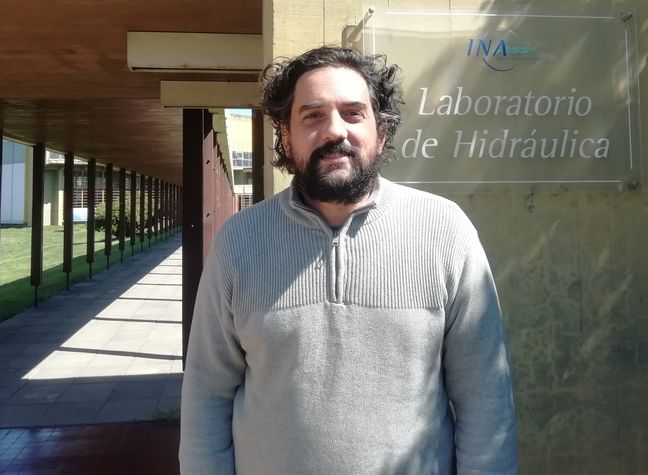
Mariano Re
Instituto Nacional del Agua, Argentina
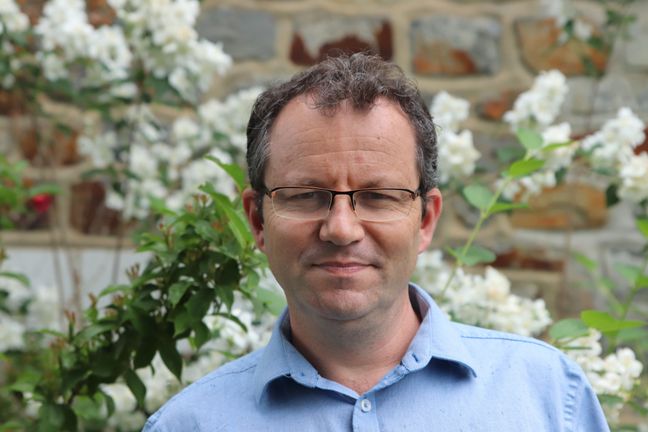
Christophe Cudennec
IAHS & Institut Agro, France
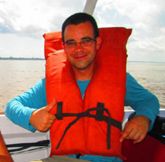
Jérôme Le Coz
INRAE, France

Mirjami Kuoppala
Finnish Environment Institute (SYKE)
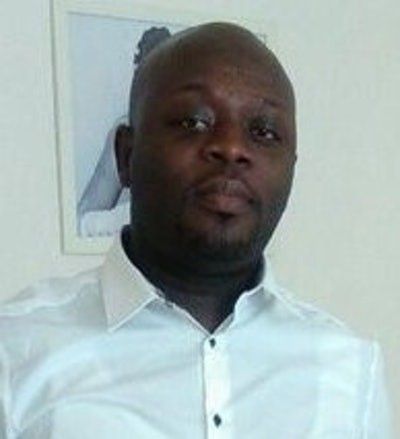
Frank Annor
TAHMO, TU Delft & KNUST

Hessel Winsemius
Deltares, Netherlands
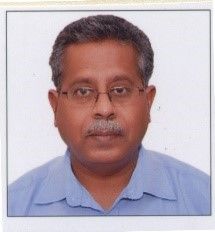
Muthiah Perumal
Indian Institute of Technology (IIT) Roorkee
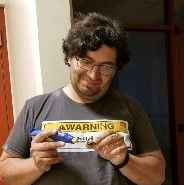
Pete Marchetto
Conservify and FieldKit, United States
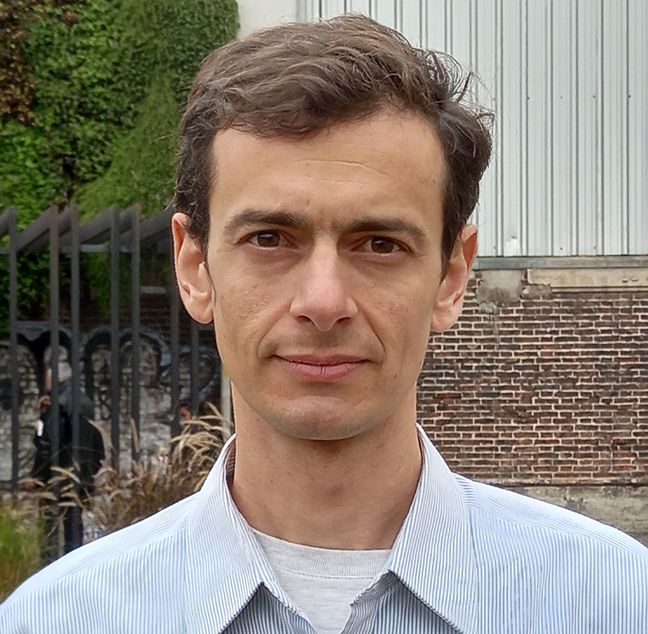
Juan Bianchi
Instituto Nacional del Agua, Argentina
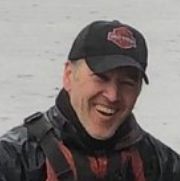
Francois Rainville
Environment and Climate Change Canada (ECCC)

Stewart Child
British and European Standards Committees on Hydrometry
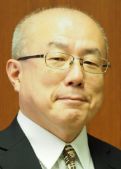
Tatsuya Kimura
World Meteorological Organization (WMO)
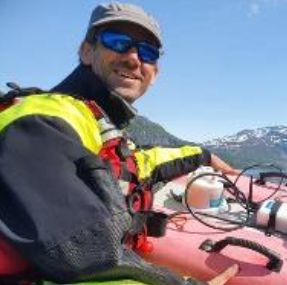
Alexandre Hauet
Électricité de France
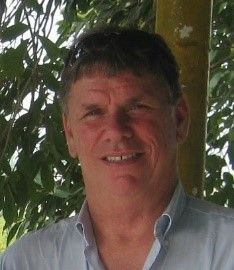
Mark Heggli
Innovative Hydrology Consulting, United States
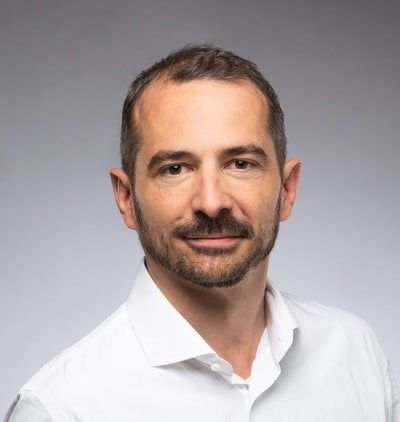
Fabrice Fretz
Swiss Agency for Development and Cooperation (SDC)
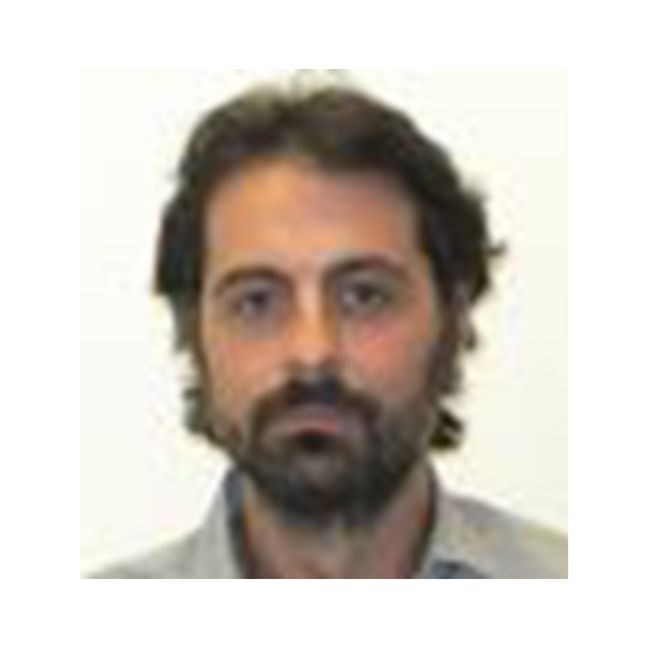
Raul Munoz Castillo
Inter-American Development Bank (IDB)

Marie-Claire ten Veldhuis
Delft University of Technology, Netherlands
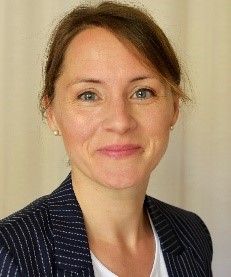
Louise Croneborg-Jones
Water in Sight, Sweden
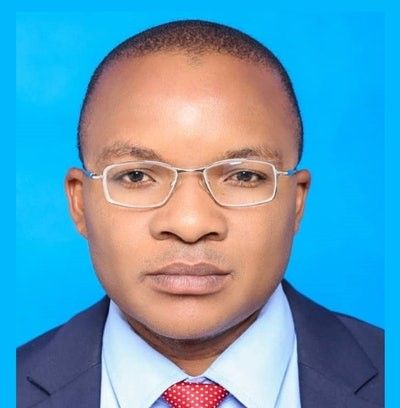
Robert K.M. Sunday
Ministry of Water, Tanzania